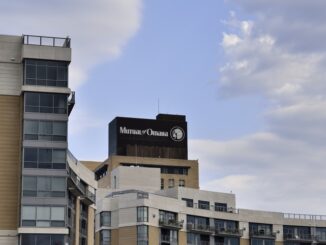
Keller Williams was named to an additional class-action lawsuit this week that takes issue with alterations made to the brokerage’s profit-sharing program.
In the past few weeks, 11 agents formerly affiliated with Keller Williams — Jerri Moulder, David Bueker, Robert Hill, Kevin Ortiz, Edward Fordyce, Paul Davis, Penny Alper, Jana and Dennis Caudill, Eric Mendoza and Jack Levine — took legal action against the real estate brokerage by filing seven separate class-action lawsuits.
On Monday, John Exnicios filed a complaint aiming for class-action status in the U.S. District Court for the Eastern District of Louisiana. Exnicios was a sales associate with Keller Williams from May 2014 to June 2021.
In February 2020, KW introduced a more restrictive policy to its profit-sharing program. It stated that associates who joined the brokerage on or after April 1, 2020, and subsequently jumped to a competitor would lose their revenues from the company’s lifelong revenue program. But that policy did not impact agents who joined before April 1, 2020.
The change introduced in 2020 also extended the wait period to become a vested member. But in August 2023, during KW’s Mega Agent Camp event in Austin, the company’s International Associate Leadership Council (IALC) voted to revise the profit-sharing distribution policy. Under the updated policy, vested agents who joined before April 1, 2020, and actively compete with KW brokerages would see their profit share reduced from 100% to 5%.
An incentive to go back to Keller Williams remained. Former agents who return to the company within six months of the effective reduction date will have their profit share restored to 100%, now-former KW President Marc King wrote in an email in August 2023. Also, former KW agents who have retired or left the industry altogether will retain their full profit-share distribution. The new policy is supposed to be implemented on or before July 1, 2024.
The plaintiffs argue that according to the Keller Williams policies and guidelines manual, the brokerage did not have the right to terminate the profit-share program. They also claim it didn’t have the right to amend any aspect of the program’s method of calculating a market center’s profit-sharing contribution or a recruiting sponsor’s profit-sharing distribution, except as specifically directed by the IALC. Lastly, they claim that any amendment made to the profit-sharing program was only allowed to be prospective and not retroactive.



